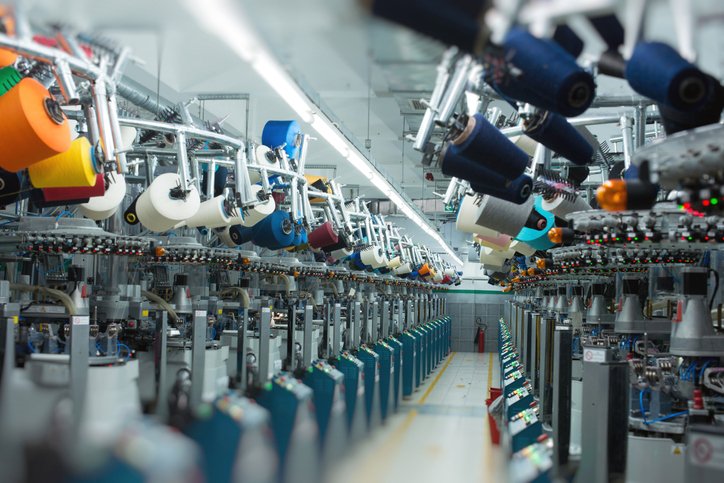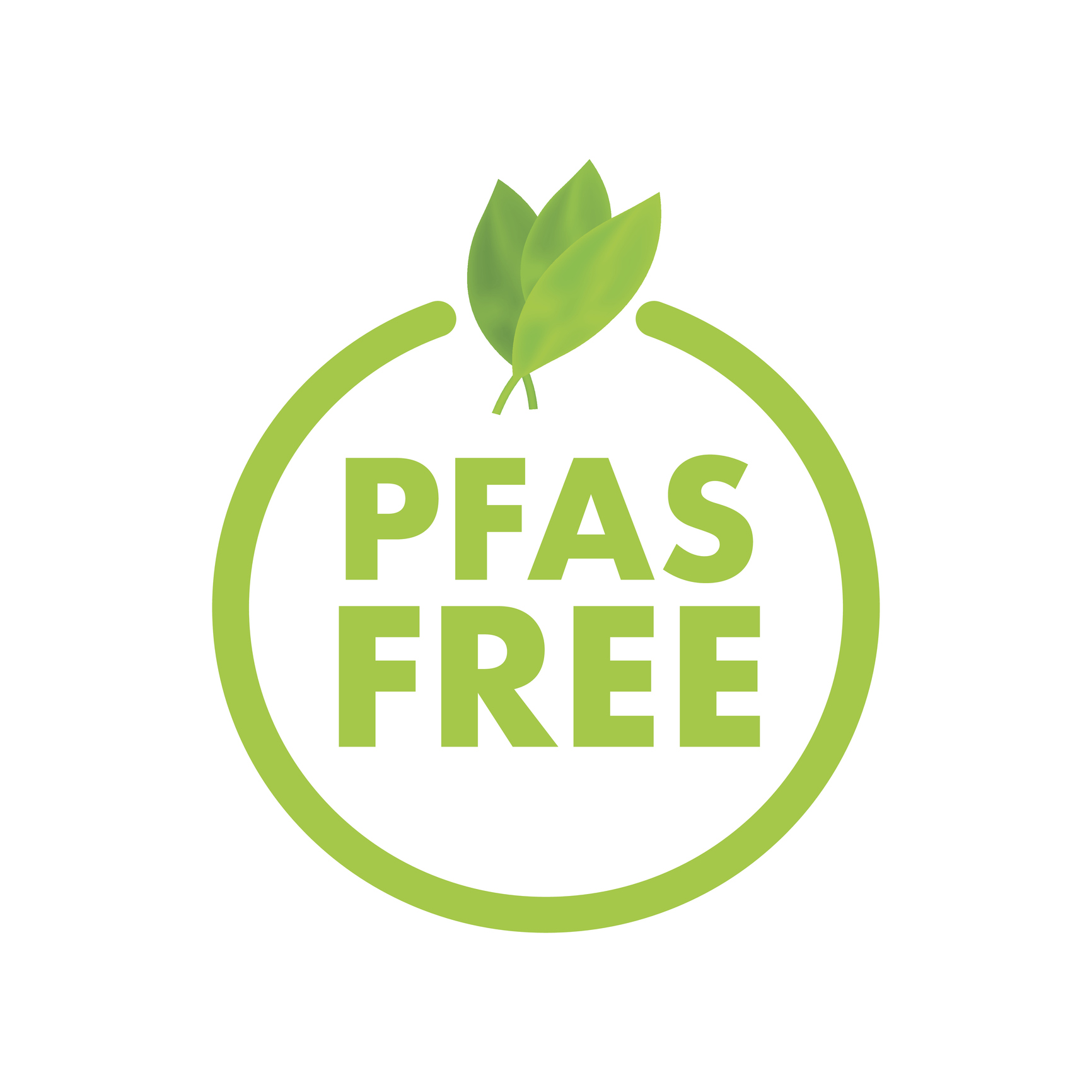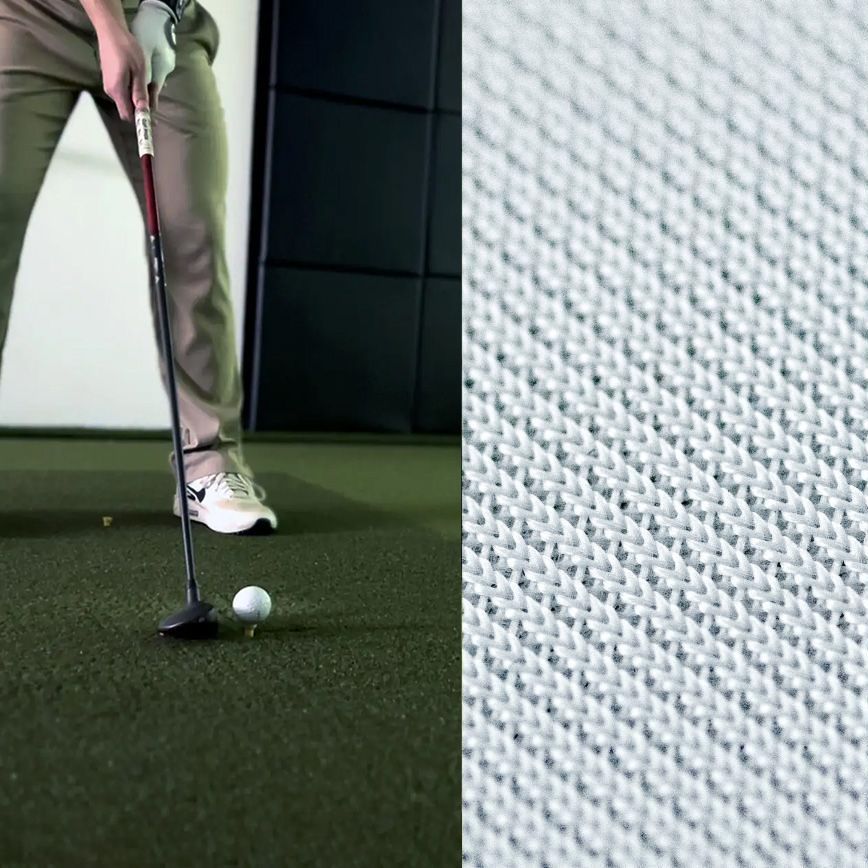


With schools set to start again soon, it is time to set our eyes on what a career in textile technologies means. The typical textile technology school program teaches the science of textiles, fibers, and fabrics and how they are used in a wide range of products. Textile engineering, interior design, and materials science and research are some of the many careers that students who demonstrate an interest in textile technology can enter.
Textile manufacturing was once a major driver of U.S. industry. However, opportunities in the U.S. began to slow in the mid-1990s, when growing competition from foreign companies in Brazil, China, India, and other countries, forced large U.S. textile manufacturers to either close shop or move their operations abroad. Many of these manufacturers were located in the southeastern United States. The American textile industry then remained stagnant until the late 2000s.
Beginning in 2009, however, textile technologies resurged strongly on a steady upswing, making the U.S. the world’s third-largest textile exporter by 2015. In 2018, the prospects for the USA textile industry continue to remain positive. Policy changes and increased border tariffs contribute to the positive outlook, causing many U.S.-based textile manufacturers to expand their production capacity to meet growing demand. Many of these companies also come from the southeastern United States, which, with its ready infrastructure and technically-knowledgeable people, serves as an ideal base of operations.
With the American textile industry poised to take off once again, a STEM (science, technology, engineering, mathematics) career with a focus on textile sciences and engineering is a particularly attractive option for those planning to pursue a career in manufacturing.
What modern-day Textile Engineers do is apply engineering principles to the textile industry’s various products and processes. Combining a multidisciplinary approach of chemical, industrial, and mechanical engineering principles, textile engineers can help improve the manufacturing processes of companies that produce polymers, fibers, and other textile-related products; research high-performance fabrics for use in biomedical and various other applications; and conduct research into complex textiles, fibers, and finishes.
The North Carolina State University’s College of Textiles is an excellent example of a school with a strong textile STEM program. The school awards degrees in various disciplines at the bachelor’s, master’s, and Ph. D. levels, including focuses such as:
NC State’s textile students have gone on to work in valuable careers across various industries, including the automotive, military, and aerospace sectors. As an example of the opportunities such programs provide, an NCSU student pursued a double major in Polymer and Color Chemistry and Chemical Engineering double major and went on to intern at NASA, where she learned about spin-forming, a manufacturing process that allows materials to be formed into the final shape of the product instead of constructing a multi-piece structure, and conducted research on sustainable manufacturing initiatives.
The use of technology in textiles has made for a more efficient, productive, and creative world. Apex Mills, a leading warp knit textile manufacturer serving various markets, regularly attends industry trade shows such as the Industrial Fabrics Association International Expo and continuously expands its production capabilities to support the textile industry’s growth.
Apex Mills and our skilled team of engineers are currently celebrating our 75th year in the textile industry. Please visit our website to learn more about the different textile constructions we offer.




Reach your most challenging
textile goals with confidence.